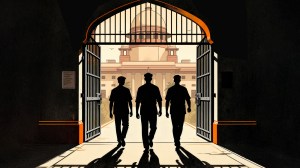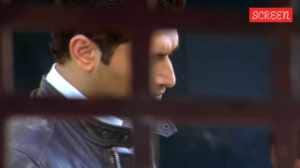From bureaucracy to hospitals, General’s army is everywhere
Nusrat Riaz, a doctor for 17 years, has spent the past three directing a clinic that provides care to poor patients in this remote...

Nusrat Riaz, a doctor for 17 years, has spent the past three directing a clinic that provides care to poor patients in this remote, wheat-farming village. So Riaz was surprised this spring when he learned the government had appointed a monitor to look over his shoulder as he worked. He was even more surprised when he learned the man had no medical background, had no experience supervising doctors and was functionally illiterate.
But when Riaz learned the monitor was a retired Pakistani army officer, it all made sense. “This is part of the militarisation of the country,” said Riaz (46). “It is very insulting, and it is happening because of the man at the top.”
That man, General Pervez Musharraf, the President, has been Pakistan’s leader for almost eight years. In that time, the nuclear-armed military has quietly exerted its influence over nearly every segment of Pakistani society.
Active-duty or retired officers now occupy most key government jobs, including those that have little to do with defence. The military also dominates the corporate world; it reportedly runs a $20 billion portfolio of businesses from banks to real estate developers to bakeries.
Yet in a country where the military has long been immune from criticism, its extraordinary power is now drawing open contempt from civilians. A campaign against Musharraf that began three months ago, following his suspension of the chief justice, has exploded into a full-fledged movement to oust the armed services from civilian life.
““The question is: Who gets to rule? Sixteen generals or 160 million people?” asked Zafarullah Khan, a Pakistani lawyer and Opposition figure. Sooner or later, we have to decide…”
Musharraf’s brand of military rule has been different from most. Since coming to power in a bloodless coup in 1999, he has not declared martial law. As army chief, he still wears his uniform, but just as often opts for a business suit or traditional salwar kameez. For the most part, he eschews grand, strutting military parades. Soldiers are a rare sight on the nation’s streets.
Yet, the military’s imprint is everywhere. It’s by the side of the road, where men in orange jumpsuits labour for a military-run foundation that controls a huge share of the nation’s construction industry. It’s present in the civilian bureaucracy, where government workers answer to retired armymen.
And the resentment is growing. At rallies across the country, protesters now chant “The generals are traitors!





- 01
- 02
- 03
- 04
- 05


























